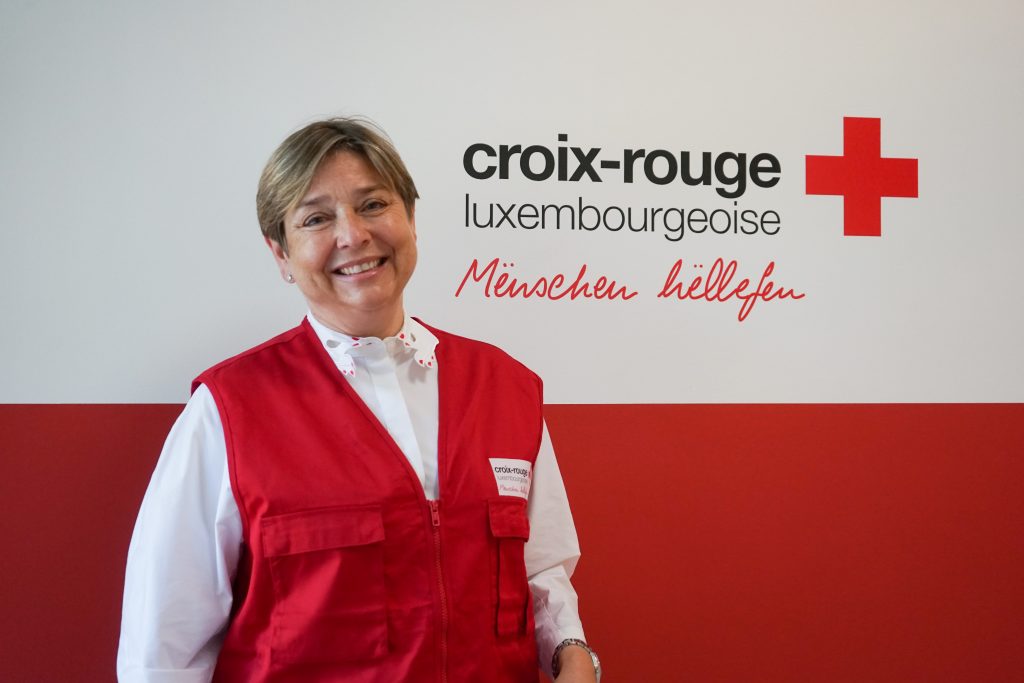08 March 2023

On the occasion of the International Women’s Rights Day on 8 March, we met Manou Hoss, member of the Board of Directors of the Luxembourg Red Cross. An interview on gender inequality, feminism and education as a key to success.
Manou Hoss: This day is an important moment that reminds us that we are not yet where we could be in terms of equality between women and men. It is a good opportunity to reflect on a more equal sharing of opportunities but also of responsibilities.
In terms of equal opportunities in Luxembourg, there is still a long way to go, particularly in terms of women’s greater precariousness, financial insecurity and exposure to violence. At this level, it is important to continue to take concrete measures against this greater exposure to insecurity. On the unequal distribution of responsibilities and roles in families, particularly in the care of children and the elderly, a more equitable sharing of responsibilities in favour of men is an important lever for a more equal society. Our culture and education can have a beneficial effect in encouraging more men to freely take the decision to participate more in this valuable work and to take a greater share of responsibility for it.
MH : Let’s first define the concept of feminism. Feminism is based on the clear notion that women have the same rights and duties as men. The Luxembourg Red Cross was co-founded in 1914 by Aline Mayrisch, a prominent and independent woman who was committed to women’s rights. Today, the president, HRH, and the vice-president, Rita Krombach, are women who are determined to support those most in need, especially women. There are many women in the organisation – in all areas of the hierarchy – and their work is fundamental both at the professional and volunteers level.
The Red Cross is committed to gender equality through various services. I will mention 3 of them among others:
MH : I fear that this goal is not realistic. Culturally, it is difficult in many countries to act on equality with effective levers. To achieve equality, we need to value women’s participation in decision-making in professional and political organisations and to ensure their safety, all over the world. For this we need realistic and concrete action plans.
The Red Cross Bazar 2022 conference “Against gender-based violence” highlighted the importance of education, but also the need to take pragmatic decisions that affect security. Here are two concrete examples: In Niger, the location of sanitary facilities in places where displaced people live needs to be properly considered to ensure the safety of women. In the Democratic Republic of Congo, the Panzi Foundation, with the support of the Red Cross, is fighting against the consequences of violence and rape as a weapon of war. This commitment to safety is also important in Europe, where violence against women, discrimination, harassment, indecent assault and genital mutilation are still widespread.
For me, the key to success is the education of both women and men. We must focus on the education of current and future generations and not give up!
(data excluding the Centre de Réhabilitation du Château de Colpach)